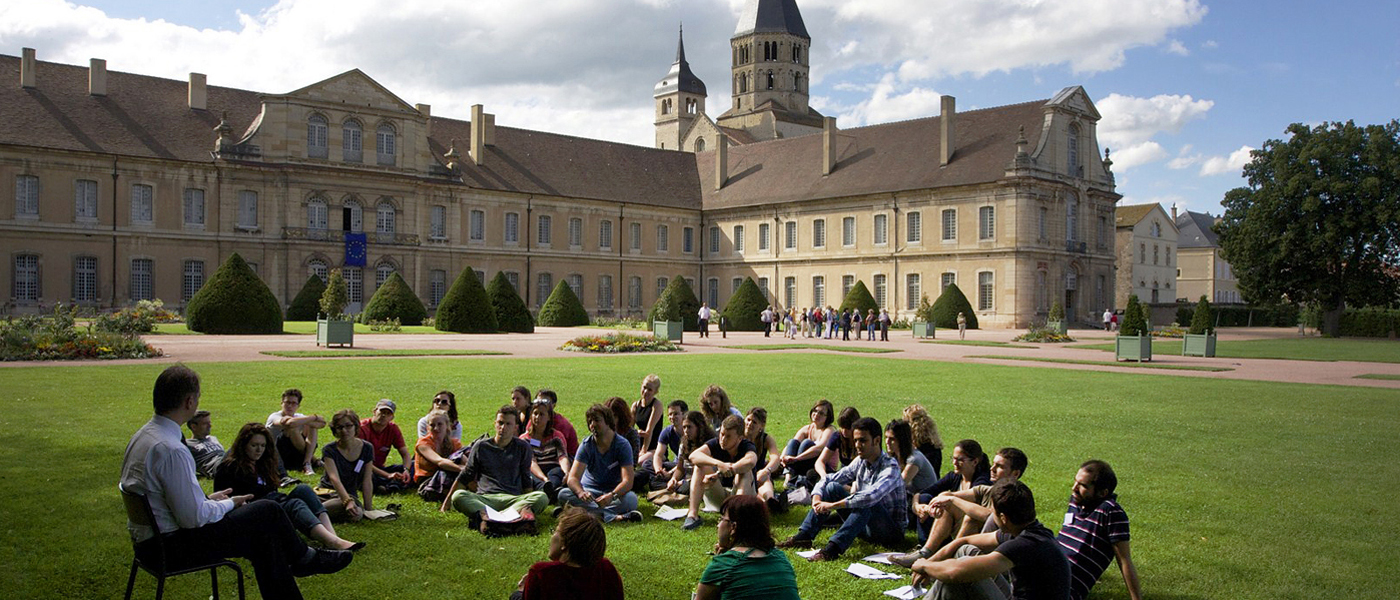I once got a phone call from a concerned mother who told me:
“ The young fellow at home really needs Career Guidance because he hasn’t a clue. His sister is brilliant at school, so I won’t be bringing her up to you at all!”
This conversation highlights the belief that high academic performance negates the need for career guidance. While it’s true that excelling in school opens numerous doors, it can also create significant challenges regarding career paths.
Many high-achieving students I work with share a common feeling:
“Everyone tells me I’m great in school and I can choose any career I want, but that’s the problem. The multitude of choices overwhelms me, making it hard to decide.”
This well-intentioned affirmation “you can do anything”, while flattering, often adds to the pressure these students experience.
Typically, high-achieving students have a broad range of talents—whether in verbal, mathematical, scientific, or creative domains—leaving them with an abundance of options. They possess the intellectual capacity to excel in various fields, which is undoubtedly a strength. However, this same versatility can lead to a lack of fulfillment if they choose a path that doesn’t resonate with their true passions.
Compounding this issue is the expectation that gifted students should choose courses that demand high points. They frequently feel pressured to enter demanding fields such as Medicine, Law, or Engineering—regardless of whether those fields align with their interests. The underlying message is that their academic success should result in prestigious careers, often leading them to overlook personal satisfaction in their choices.
I’ve encountered clients in their 40s and 50s who, despite holding prominent positions—often as CEOs or directors—seek career guidance. They enjoy financial success and respect within their fields, yet many express dissatisfaction with their work. They often reflect,
“I chose this path because I excelled academically, but I never really enjoyed my College course. I reasoned that since I was doing so well, I should see it through. The job that followed was rewarding, so I remained in it longer than I intended.”
By the time these individuals reach out for guidance, they grapple with feelings of guilt. They question why, if they are so accomplished and well-compensated, they should feel unfulfilled. The truth is, their career choices may not align with their intrinsic values or broader life aspirations.
For high-achieving students, the pressing question isn’t about their capabilities— they can pursue nearly any career. Instead, the focus should shift to what they genuinely wish to do or what would bring them joy in their professional lives. This underscores the critical importance of career guidance for academically gifted students.
They must be afforded the opportunity to explore career paths that not only leverage their intellectual strengths but also resonate with their unique personalities and values. It is essential for them to reflect on how they envision their lives, the lifestyle they aspire to create, and the values they hold dear and refuse to compromise.
The objective of career guidance is to empower these talented individuals to harness their remarkable intelligence while honouring their individuality and personal aspirations.



